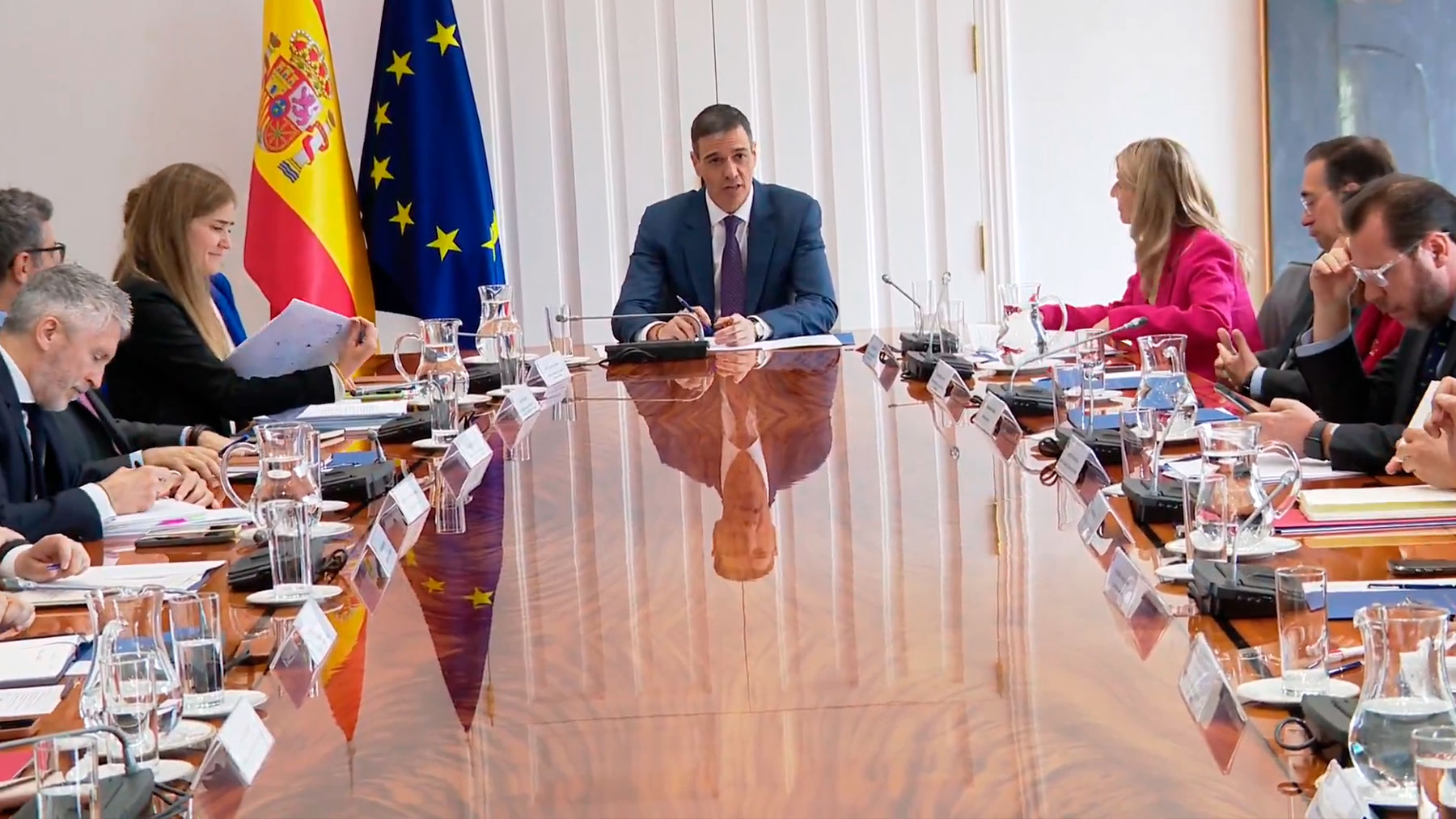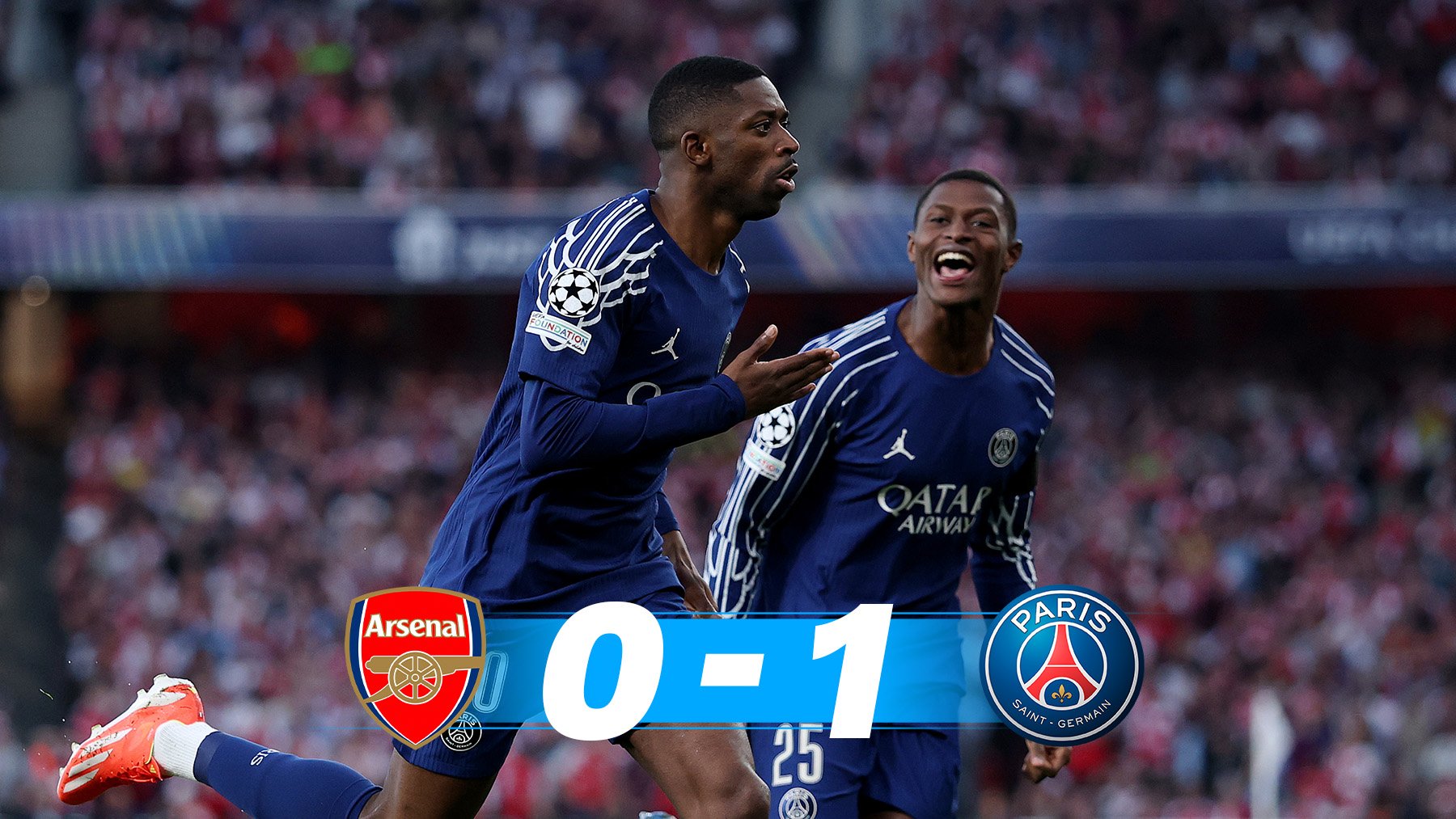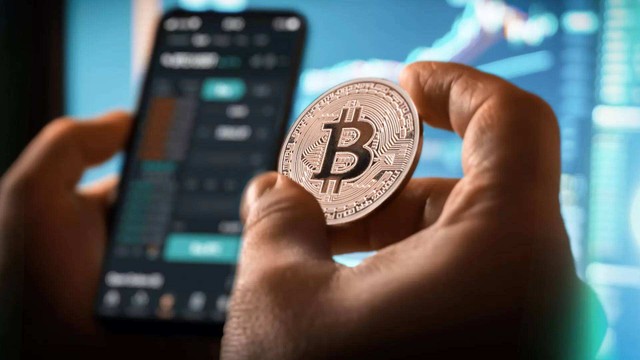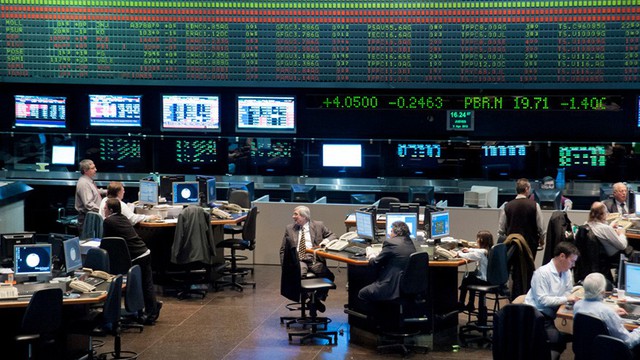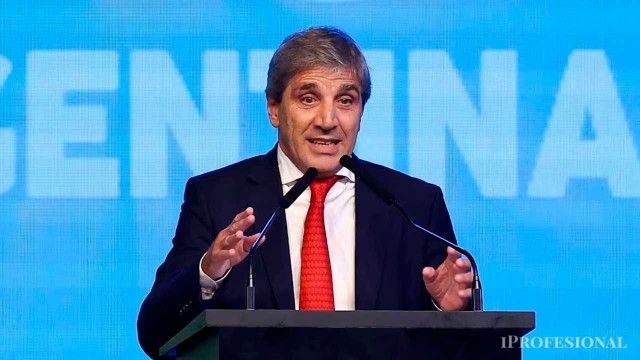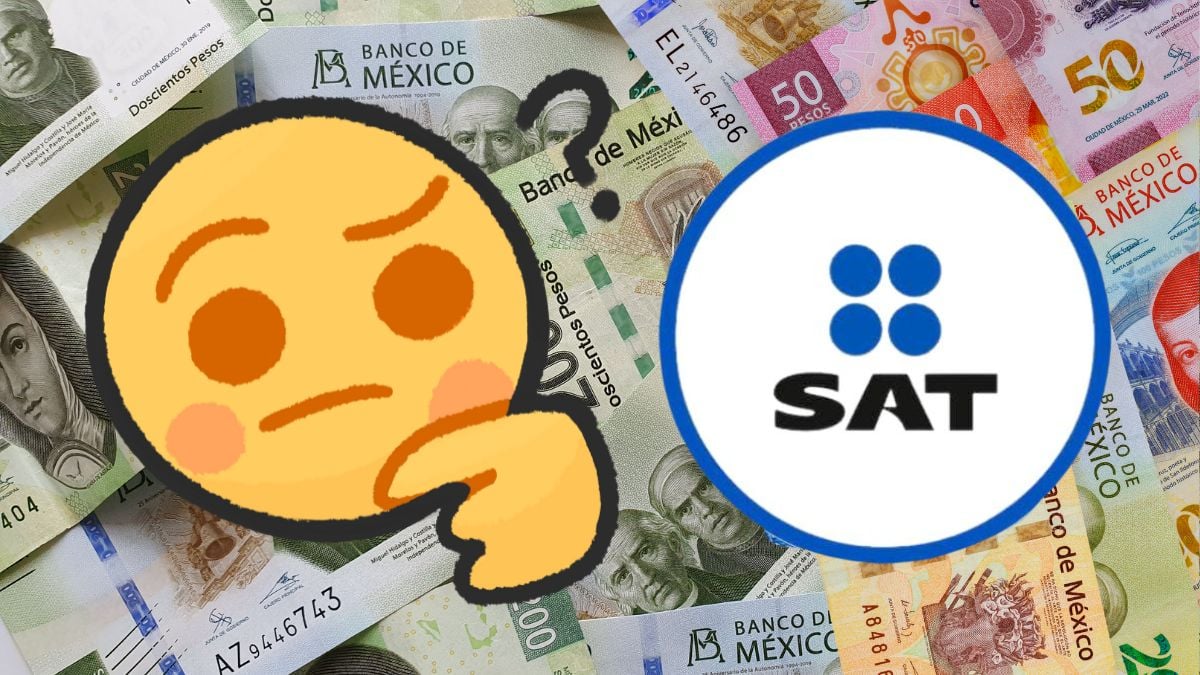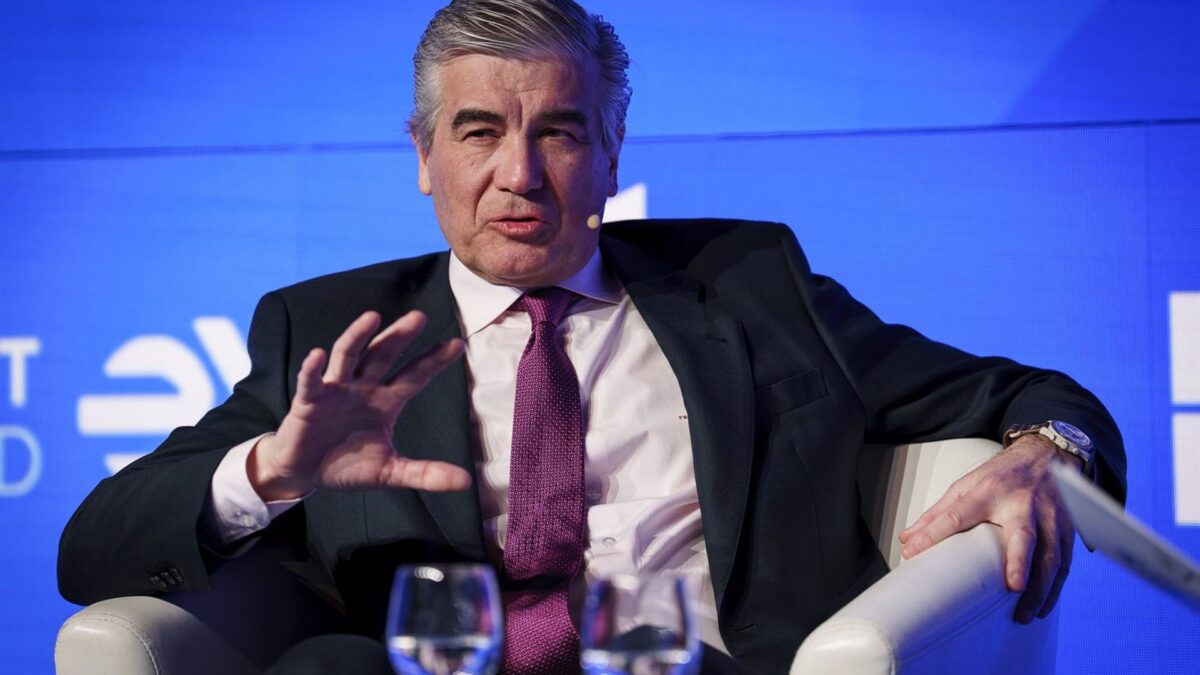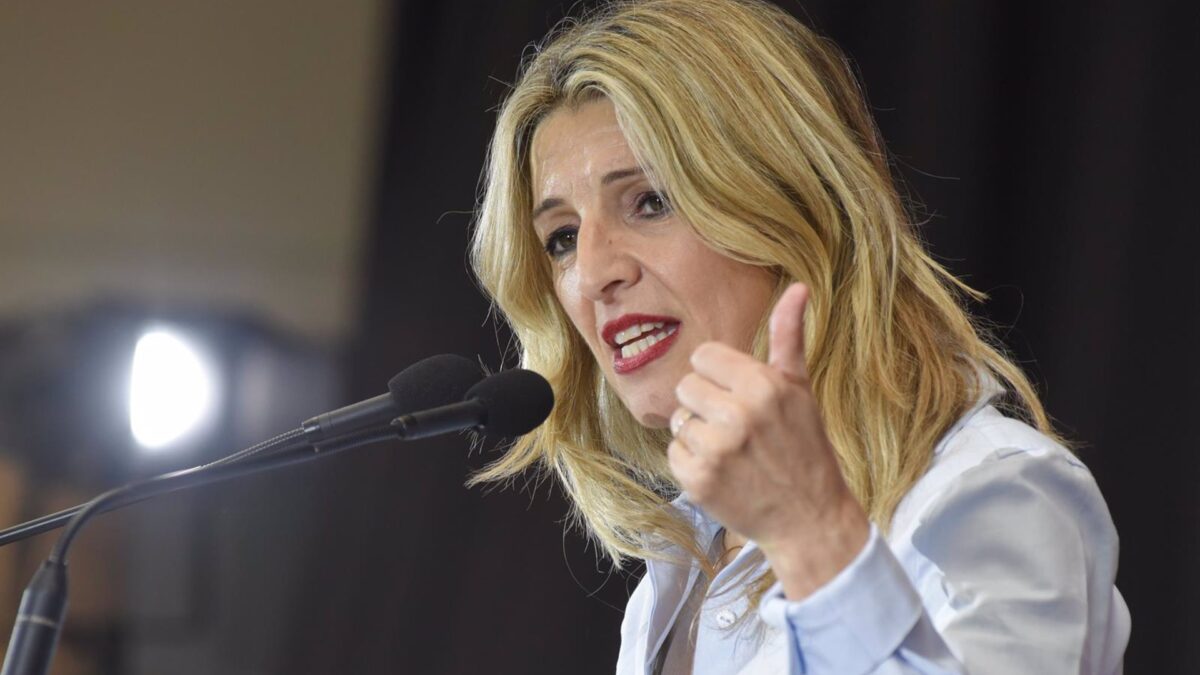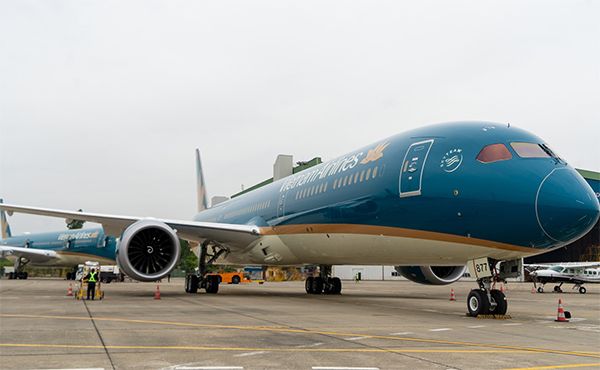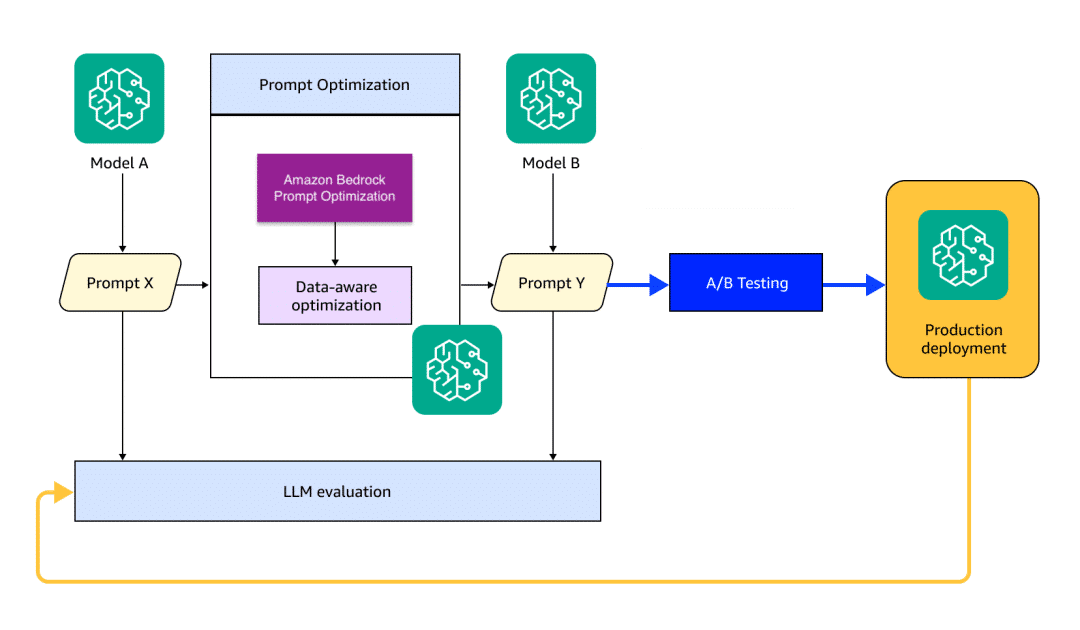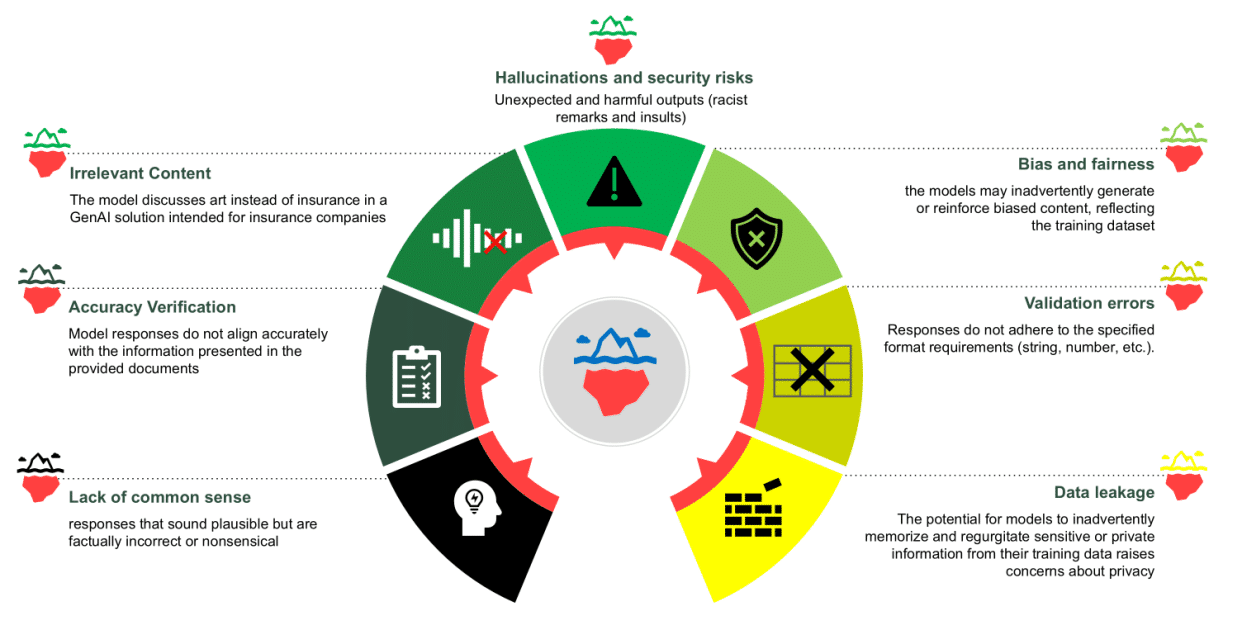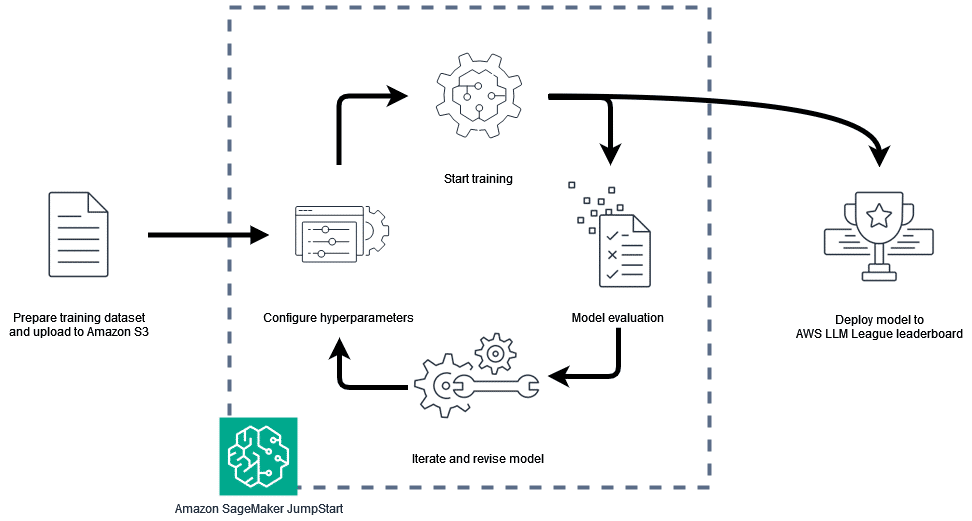Amazon, hostile? The White House lashes out over prices and tariffs: What happened?
The controversy erupted after it was reported that Amazon planned to show the cost of the tariffs imposed by the White House
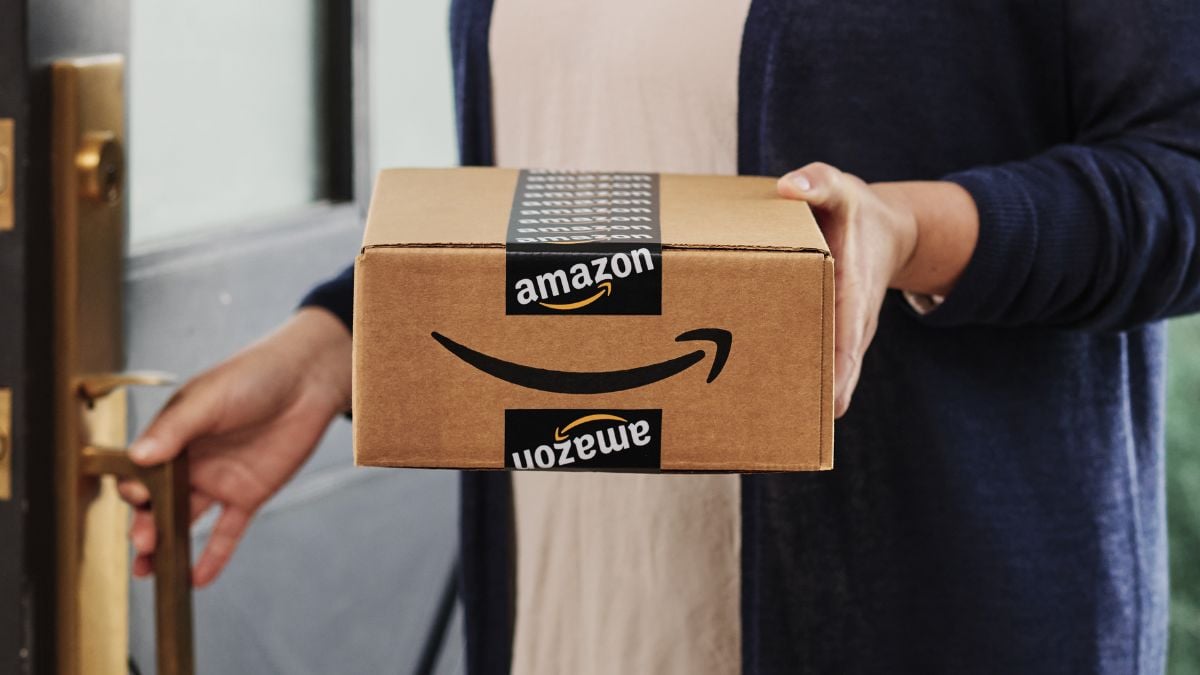

The White House lashed out at Amazon, accusing the tech giant founded by Jeff Bezos of carrying out a “hostile and political” maneuver. The controversy erupted after reports suggested that Amazon planned to display the cost of the tariffs imposed by President Donald Trump next to the final price of its products on the platform.
“This is a hostile and political act by Amazon,” declared Karoline Leavitt, White House press secretary, during a briefing in the Brady Press Room. She added, with a hint of irony: “Why didn’t Amazon do this when the Biden administration drove inflation to its highest level in 40 years?”
These remarks came exactly on the 100th day of Trump’s second term as president of the United States, a period marked by a new wave of tariffs on Chinese goods, with increases of up to 145%.
ALSO READ. Netflix launches new subtitle option; what’s included and how to activate it?
Amazon responds
The controversy began following a report from Punchbowl News, which claimed that Amazon would begin clearly displaying how much of a product’s price stemmed from Trump-imposed tariffs. The move could have had an immediate effect on public perception, making it evident that it is American consumers—not China—who end up paying the tariff costs.
However, Amazon denied the claim. In statements to CNBC, a company spokesperson stated: “The team that manages our low-cost store, Amazon Haul, considered displaying import charges on certain products. This was never a consideration for the main Amazon site and nothing has been implemented on any Amazon property.”
What impact did the White House statements have on Amazon stock?
The tension with the White House had immediate repercussions in the market. Amazon shares fell more than 2% in pre-market trading Tuesday morning. Although they later recovered, the initial reaction highlighted investor anxiety about potential government retaliation or regulatory changes.
The conflict underscored Amazon’s vulnerability to the Trump administration’s trade policy, particularly because roughly 70% of its products come from China, according to an analysis by Wedbush Securities.
What is the political background between Donald Trump and Jeff Bezos?
What may seem like an isolated reaction is actually part of a long and complex relationship between Donald Trump and Jeff Bezos. Although Bezos was critical of Trump during his first term, he surprised many in December 2024 by expressing optimism about Trump’s return to power, stating he seemed “calmer and more self-assured.”
That same month, Amazon donated one million dollars to Trump’s inaugural fund, and Bezos even attended the inauguration ceremony in person.
When asked about it, Leavitt declined to elaborate: “I will not speak to the president’s relationship with Jeff Bezos, but I will say that this is certainly a hostile and political action by Amazon.”
During the press conference, Leavitt also took the opportunity to reference an old Reuters report from December 2021, which indicated that Amazon agreed to remove reviews and ratings from a book by Chinese President Xi Jinping after a direct request from the Beijing government.
Holding up a printed copy of the article, the press secretary added: “Reuters recently reported that Amazon has collaborated with a Chinese propaganda arm.” The Trump administration shared the same report from its official X account (formerly Twitter) to reinforce its criticism of the tech multinational.
This mention strengthens the president’s nationalist discourse, which seeks to promote domestic production and consumption. “This is another reason why Americans should buy American-made products,” Leavitt affirmed.
E-commerce under fire over tariffs
The broader context presents a tense landscape for e-commerce giants. China-based companies like Temu and Shein have also started displaying additional charges on purchases. In Temu’s case, consumers now see an import fee that adds up to 145% to the price of each item, directly reflecting the impact of the new tariff policies.
Amazon, for its part, has reportedly been assessing the impact of these tariffs directly with its sellers, according to internal sources. This suggests that, beyond what was reported by Punchbowl News, the company is attempting to adapt to Trump’s trade policies, albeit without explicitly reflecting them on its main site.
With information from CNBC and Reuters


